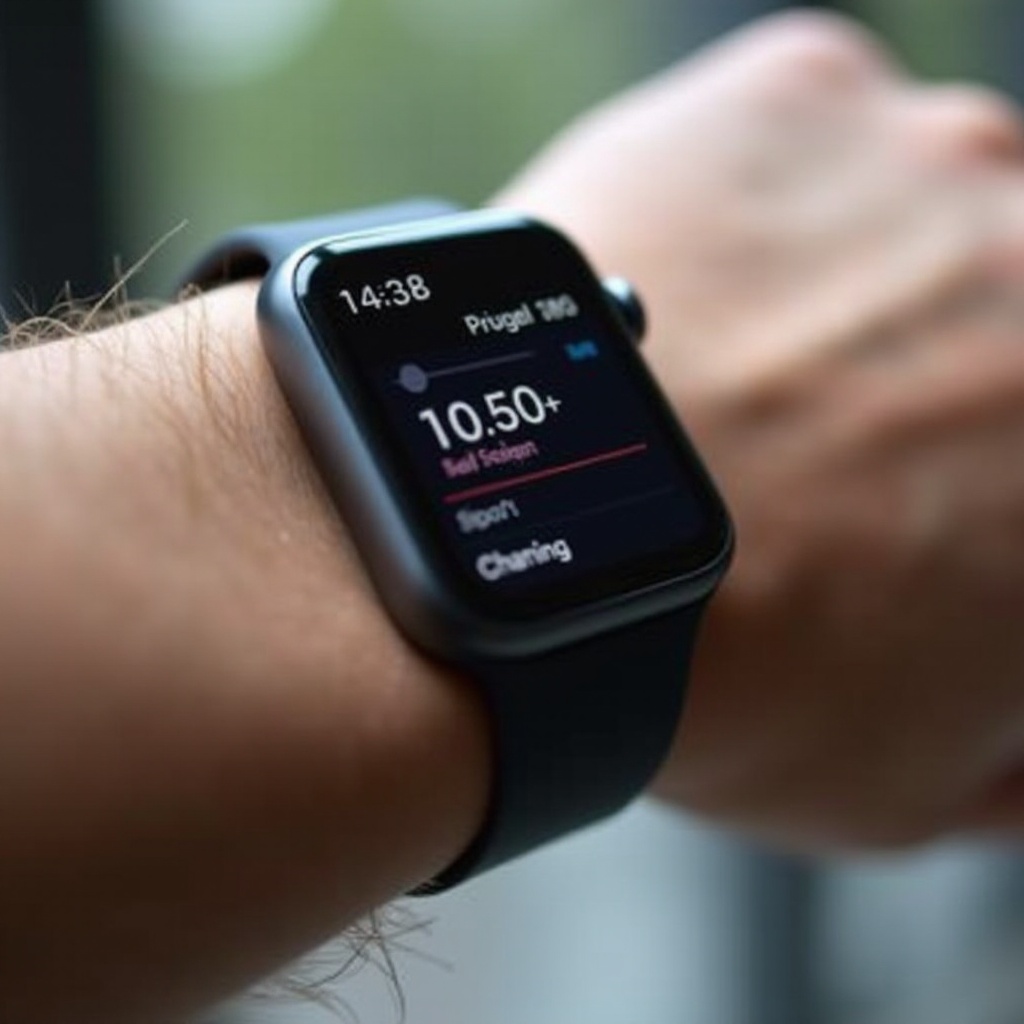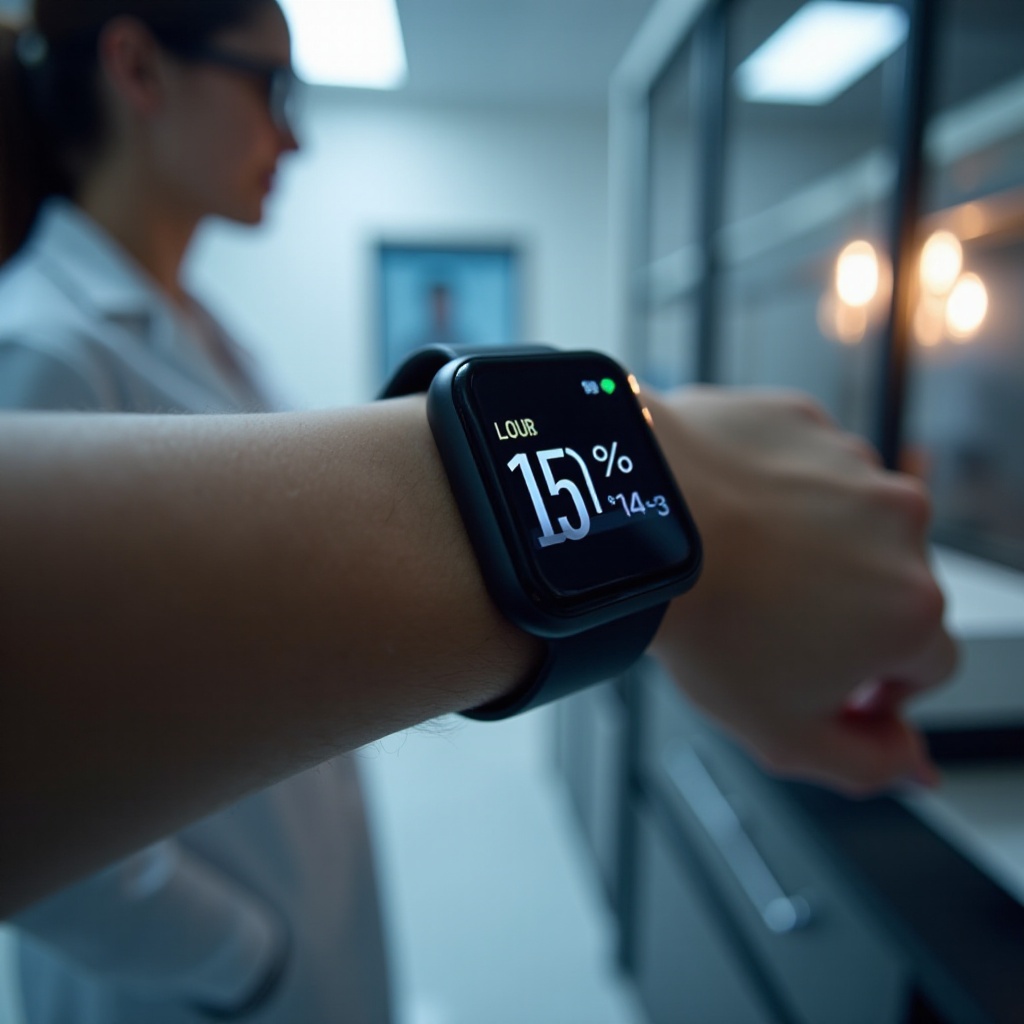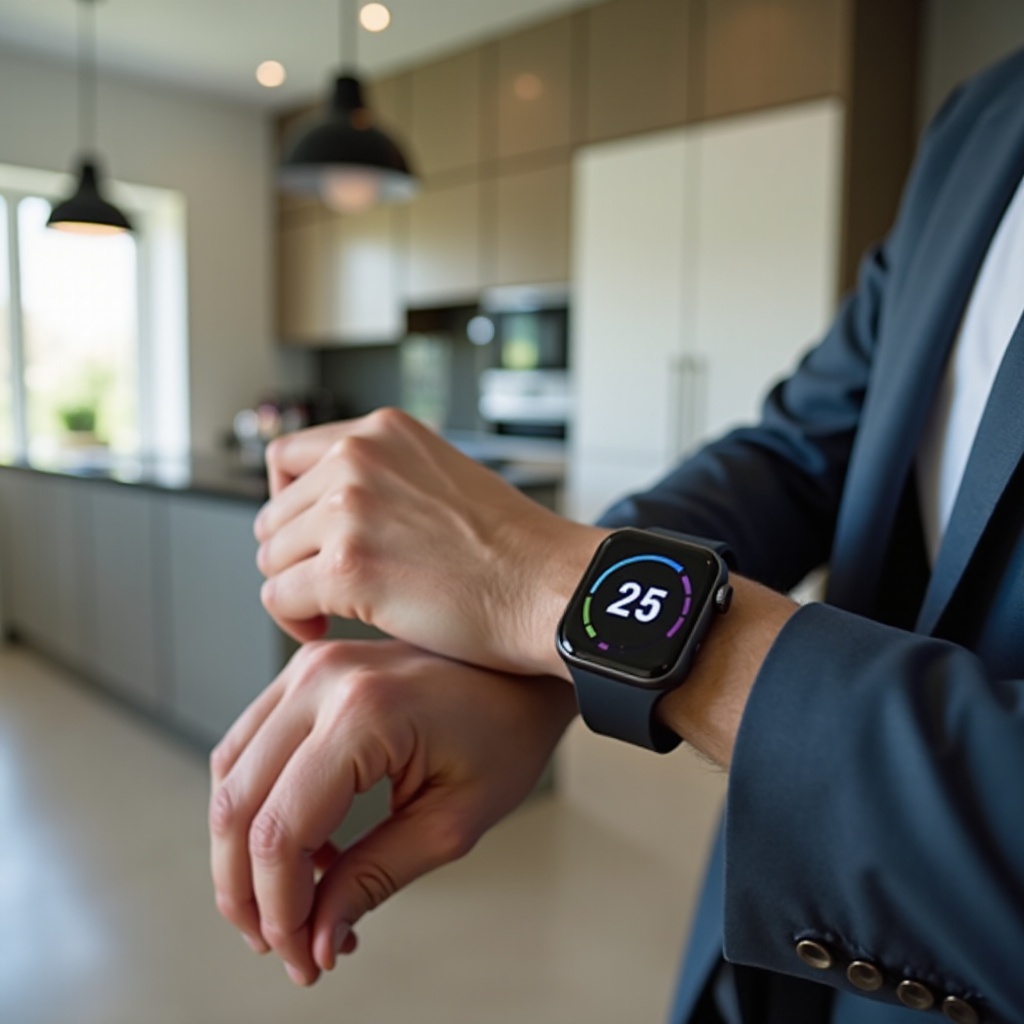How Accurate is Smartwatch Blood Sugar Monitoring? An In-Depth Look
Introduction
Smartwatches have revolutionized health monitoring, bringing essential features right to our wrists. One of the latest advancements is blood sugar monitoring. For individuals with diabetes or those who need to track their blood glucose levels, this technology promises convenience. However, an important question arises: how accurate is smartwatch blood sugar monitoring? This article delves into the technology’s intricacies, accuracy, and reliability for daily use.

The Rise of Smartwatches in Health Monitoring
Smartwatches have transformed from trendy gadgets to personal health assistants. Initially, they tracked heart rate, sleep patterns, and steps. With sensor technology advancements, smartwatches now offer more sophisticated health metrics, including ECG monitoring, blood oxygen levels, and even stress levels. This progression has led to incorporating blood sugar monitoring, presenting a potential game-changer for diabetes management.
This shift highlights the growing demand for real-time health data. Smartwatches, with their ease of use and accessibility, are naturally positioned to capture this market. However, for managing conditions like diabetes effectively, accuracy and reliability are crucial.
Understanding Smartwatch Blood Sugar Monitoring Technology
Smartwatch blood sugar monitoring aims to measure glucose levels non-invasively through the skin. Traditional methods, like finger-stick tests, require drawing blood, making them uncomfortable and less convenient. Here’s how smartwatches attempt to achieve this:
- Optical Sensors: These use light beams of specific wavelengths to penetrate the skin and measure glucose in interstitial fluid.
- Electrochemical Sensors: Similar to traditional glucometers, these sensors read glucose levels from the skin’s surface.
- RF (Radio Frequency) Waves: Some smartwatches use RF waves to detect glucose levels beneath the skin layer, offering non-invasive monitoring.
Each technology focuses on user-friendliness, accuracy, and reliability. Companies are heavily investing in R&D to refine these technologies.
Accuracy of Smartwatch Blood Sugar Monitoring: What Research Says
To understand the reliability of smartwatch blood sugar monitoring, we examine studies and clinical trials. Research findings influence consumer adoption and healthcare endorsements.
- Clinical Trials: Numerous trials show that the accuracy of these devices is improving. However, discrepancies exist when compared to traditional finger-stick tests. Variables like hydration levels, skin temperature, and type can affect readings.
- FDA Approvals: Certain models have received FDA approval, affirming their precision under specific conditions. Users should note that these devices should complement, not replace, traditional methods.
- User Trials: Real-world testing shows varied results. Some users report high accuracy, while others find inconsistencies. Contextual conditions, like physical activity or external temperature, play critical roles.
The consensus is that while promising, smartwatch blood sugar monitoring technology is yet to match traditional methods in absolute accuracy.
Pros and Cons of Using Smartwatches for Blood Sugar Monitoring
Using smartwatches for blood sugar monitoring has both advantages and disadvantages:
Pros:
- Convenience: Simplifies monitoring, reducing the need for invasive methods.
- Real-Time Data: Provides continuous glucose readings, aiding in better diet and activity management.
- Integration with Health Apps: Syncs with other health apps, offering comprehensive health monitoring.
Cons:
- Accuracy Issues: Readings can be inconsistent, necessitating verification with traditional methods.
- Cost: Advanced models with blood sugar monitoring features can be expensive.
- Dependency on Technology: Requires regular updates and calibrations to maintain accuracy.

Bridging Technology and Practical Use
Personal experiences provide insights into the pros and cons of smartwatch blood sugar monitoring. For instance:
- User A found that reduced finger prick tests led to better daily management.
- User B noticed fluctuations during physical activity or temperature changes, requiring frequent recalibration.
- User C valued the integration with diet tracking apps, enhancing overall health management.
These experiences highlight the potential and limitations of current technology. Real-world adoption is critical for assessing efficacy.

Tips for Maximizing Accuracy in Smartwatch Blood Sugar Monitoring
Achieving accurate smartwatch blood sugar monitoring can be facilitated by:
- Regular Calibration: Frequently calibrate your smartwatch using traditional methods.
- Consistent Hydration: Maintain consistent hydration, as dehydration can affect readings.
- Understand Environmental Factors: Be aware of temperature and physical activity impacts on readings and adjust accordingly.
These tips help users obtain the most reliable data from their smartwatches.
The Future of Blood Sugar Monitoring in Smartwatches
The future looks promising for smartwatch blood sugar monitoring. Companies continue refining sensor technologies, improving algorithms, and designing user-friendly interfaces. Innovations like nanotechnology promise even higher accuracy. Collaboration between tech companies and healthcare providers suggests a growing interest in enhancing this technology for broader applications.
Conclusion
Smartwatch blood sugar monitoring represents a significant leap in health technology, offering convenience and real-time data. While accuracy is improving, it may not fully replace traditional methods. Staying informed and combining different tools can help users enjoy smartwatch benefits while meticulously monitoring their health.
Frequently Asked Questions
How does smartwatch blood sugar monitoring compare to traditional methods?
Smartwatch monitoring offers convenience and real-time data but may lack the accuracy of traditional finger-stick tests. It’s advisable to use it as a supplementary tool.
Are there specific smartwatches known for accurate blood sugar monitoring?
Devices from brands like Apple, Fitbit, and Garmin are known for their advanced technology, with some receiving regulatory approvals for specific health monitoring features.
What factors can affect the accuracy of smartwatch blood sugar readings?
Factors such as hydration levels, skin temperature, physical activity, and environmental conditions can impact accuracy. Regular calibration with traditional methods is recommended.
